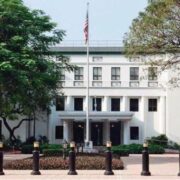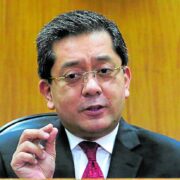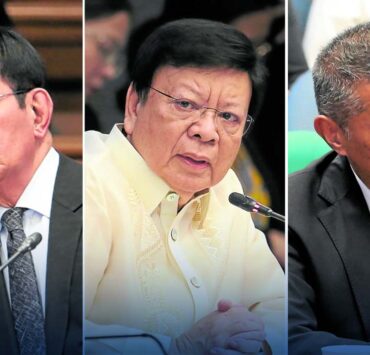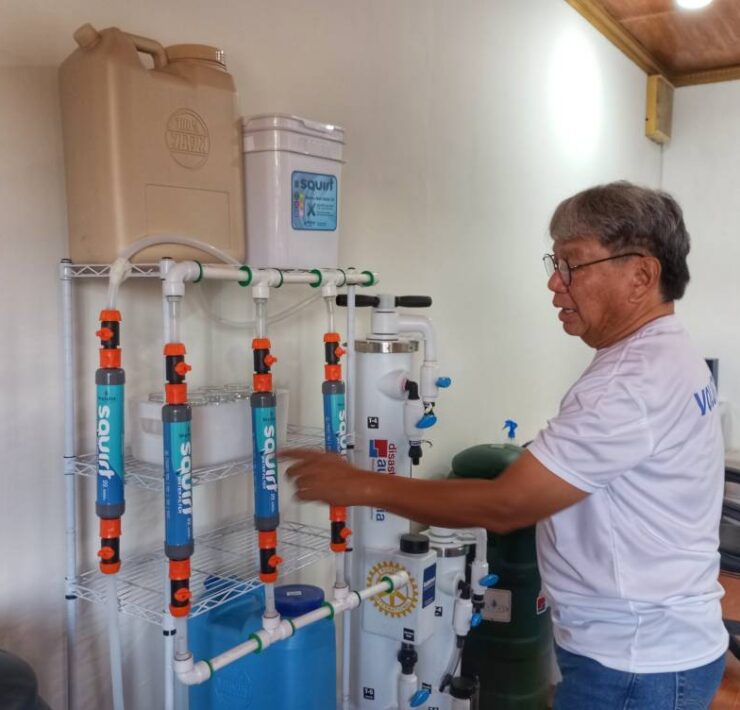Palace order boosts workers’ union rights
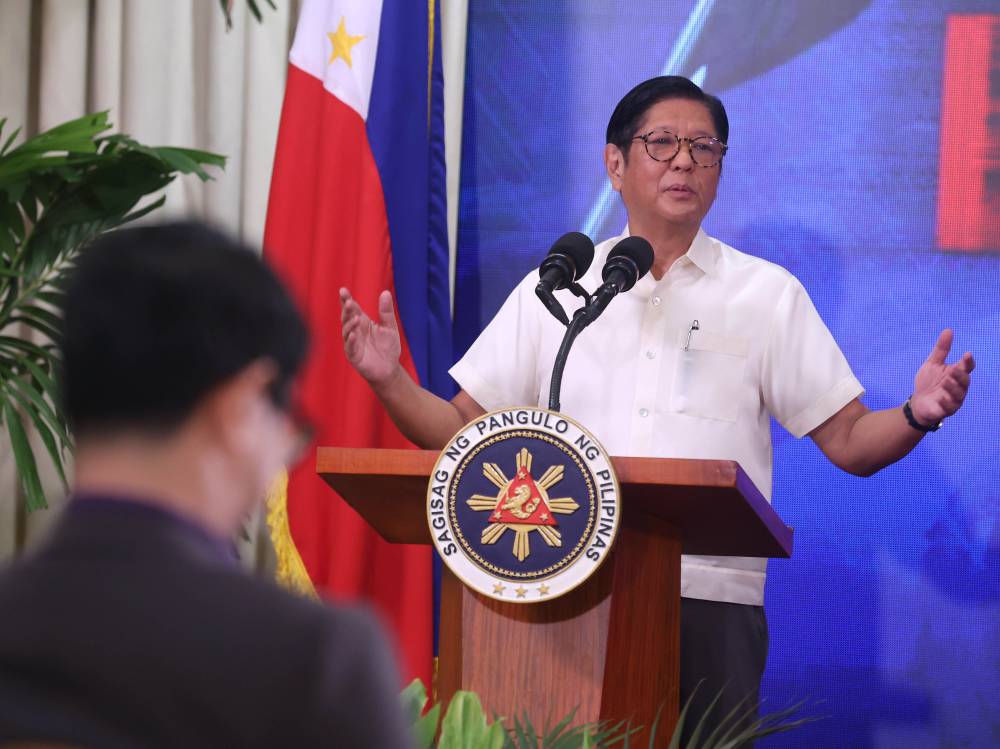
President Marcos has issued a landmark executive order that guarantees that workers in the private sector can freely form and join unions, and exercise their rights without fear.
Signed on Sept. 19 but published in the Official Gazette only on Tuesday, Executive Order No. 97 lays down clear rules for government agencies to protect the rights of workers and ensure that rallies and union activities remain peaceful and lawful.
EO 97 adopted Joint Memorandum Order No. 1, series of 2024, or the Omnibus Guidelines on the Exercise of Freedom of Association and Civil Liberties, which was drafted in consultation with employer groups and workers organizations.
The guidelines govern the conduct of all stakeholders in promoting the effective exercise by private sector workers of their freedom of association and civil liberties, their rights to organize and collectively bargain, including the right to stage a strike or lockout and engage in lawful concerted actions and public assemblies, whether or not arising from or connected with a labor dispute.
The Nagkaisa Labor Coalition, the biggest alliance of labor and workers organizations in the country, hailed the long-awaited elevation into an executive order of the omnibus guidelines on the exercise of freedom of association drafted by different government agencies last year.
“Freedom of association is not simply a legal construct or a fiction created by law. It is a right deeply rooted in our inherent human dignity,” Nagkaisa chair Sonny Matula said in a statement.
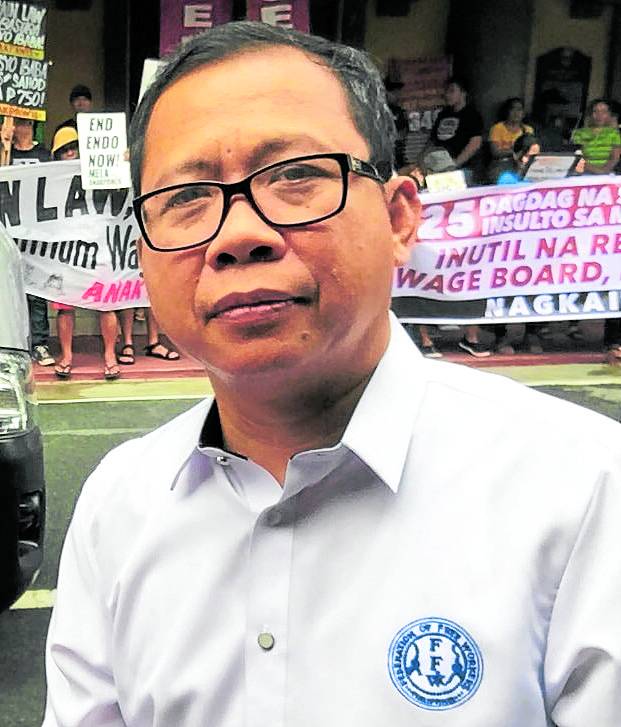
Innate right
“It is not given by any constitution or statute, nor created by the will of the state or government; rather, it flows from our very humanity,” he added.
The true measure of progress would be the faithful implementation of EO 97, Matula said.
Under Joint Memorandum Order No. 1, the Department of the Interior and Local Government (DILG), local government units (LGUs), Philippine National Police and Armed Forces of the Philippines shall refrain from directly involving themselves in legitimate trade union activities as well as indirect engagements with trade unions on matters that are civilian in nature and fall under the mandate of Department of Labor and Employment (Dole).
The DILG and LGUs shall also not directly intervene in labor disputes.
Any request for police assistance shall be coursed through the Dole, which shall decide on the request.
Limited police intervention
The involvement of police personnel during strikes, pickets, lockouts and other concerted actions shall be limited to the maintenance of peace and order, enforcement of laws and implementation of legal orders of authorities.
In addition, no search or arrest arising from a labor dispute shall be made except through a valid court warrant.
Under the order, key agencies—including the Dole, Department of Justice, Department of National Defense, Department of Trade and Industry, AFP, PNP and the National Security Council—are tasked to align their policies and operations with the guidelines.
The Dole, through the National Tripartite Industrial Peace Council, will monitor implementation and compliance, while the Inter-Agency Committee for the Protection of the Freedom of Association and Right to Organize of Workers, created in 2023, will provide periodic reports to the Office of the President.
Government agencies are also required to incorporate the guidelines into their training, operations and informational materials to ensure uniform application. LGUs and the private sector, on the other hand, are encouraged to extend full cooperation.
The EO was the country’s response to the concerns raised by the International Labour Organization during its High-Level Tripartite Mission (HLTM) in 2023.
The HLTM urged the Philippine government to act on reported laborers’ concerns and also flagged its practice of Red-tagging, and unresolved abductions, extrajudicial killings of trade union leaders and members.
In 2023, to implement the HLTM’s recommendations, President Marcos, through EO 23, created the Inter-Agency Committee to take all necessary measures to address the four identified areas of concern.
Trade unions, however, criticized EO 23 for lacking sectoral consultation before its issuance and the absence of representation of employers and laborers in its structure. —WITH REPORTS FROM GILLIAN VILLANUEVA AND LUISA CABATO







